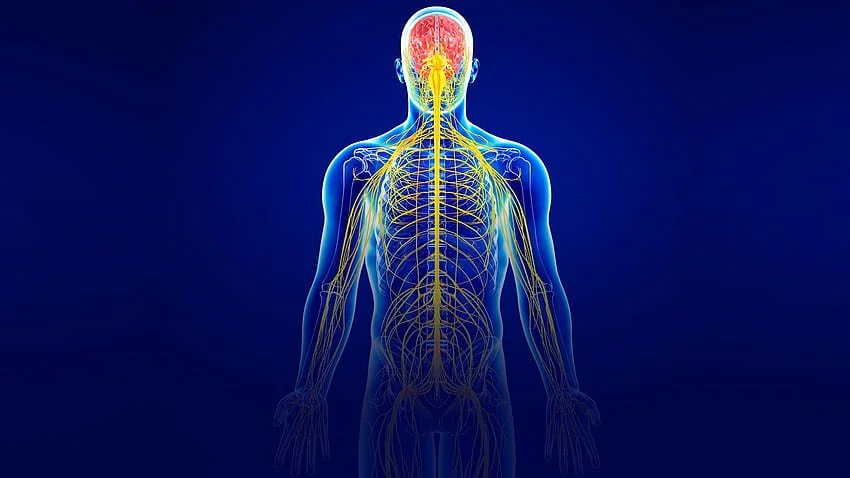Healing generational trauma requires more than awareness—it demands intentional action. Many of us inherit patterns of abuse, neglect, addiction, mental illness, social inequality, and other hardships from our family systems. These experiences, compounded by harmful environmental conditions, lack of resources, and systemic oppression, can shape our beliefs, behaviors, and emotional responses. Understanding these patterns through the lens of attachment theory and developmental theory is a vital first step toward breaking the cycle.
Building Confidence: How Small Actions Empower Your Recovery
Rebuilding After Trauma and Addiction: A Journey of Healing and Hope
How to Know You’re Making Progress in Trauma Recovery
Understanding Anxiety and the Body’s Response: Key Symptoms and Effective Coping Skills for Managing Anxiety
Understanding the relationship between the sympathetic nervous system (SNS) and anxiety is essential to treatment. The SNS is a part of the autonomic nervous system that activates our body’s "fight or flight" response. For those with trauma histories, this response can become overactivated, even in non-threatening situations, leading to heightened and persistent anxiety.
Reducing Traumatic Stress: An EMDR Therapist's Perspective
Trauma leaves a profound impact, often shaping the way people perceive the world, relate to others, and even experience themselves. The good news is that trauma doesn't have to define you, and through therapies like EMDR, there is a way to find relief, process the pain, and move forward into a healthier and more empowered life.







